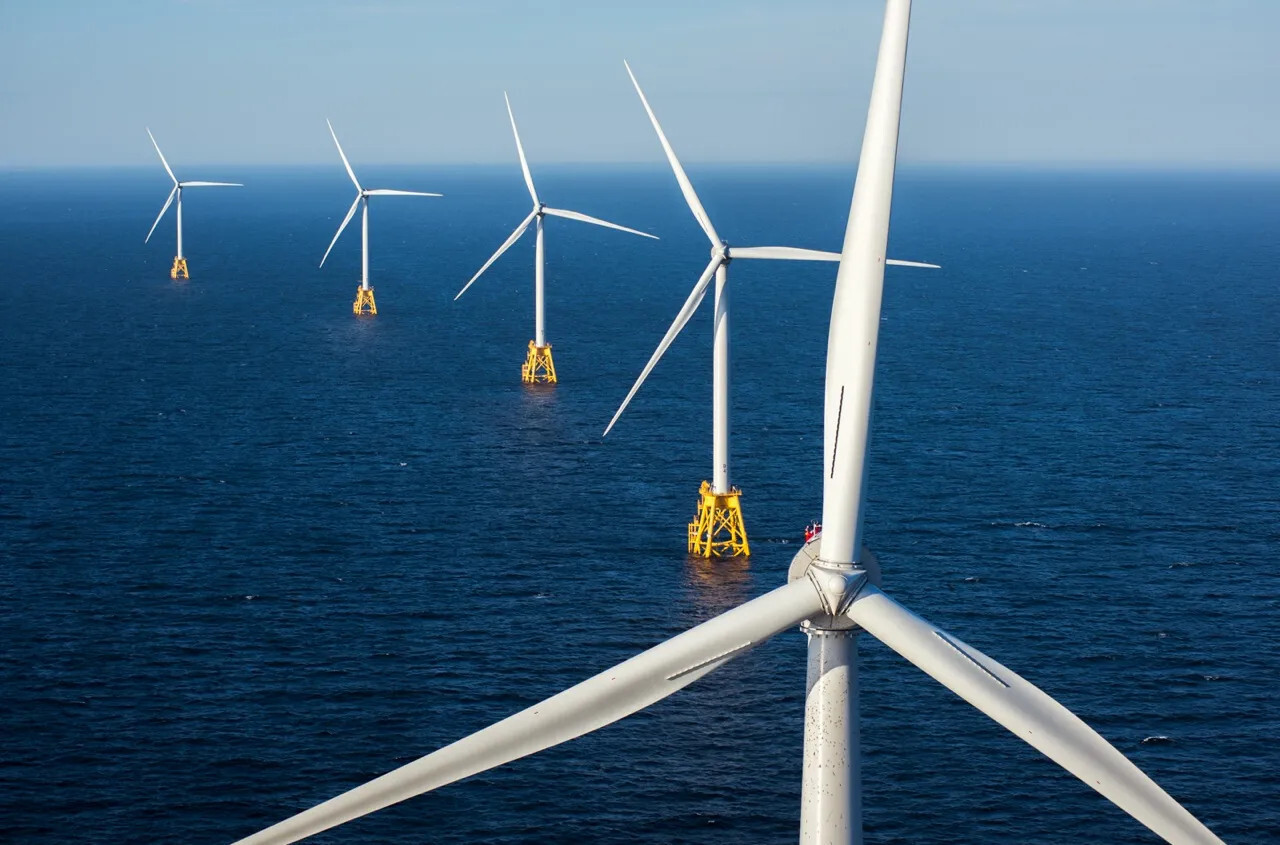
The Ministry of Industry and Trade (MOIT) has released a report on opinions and reply to the National Assembly’s Committee for Science, Technology and the Environment, related to the Law on Electricity (amended).
The committee emphasized that the draft law needs thorough consideration and careful assessment, so it would be better to submit and discuss the draft law at two National Assembly sessions – the ongoing eighth session (for discussion) and the next session (for approval).
The approval will be made at the eighth session if the content to be amended just focuses on urgent and clear issues, and there is no need to amend the entire law; and if the law-making project has been well prepared by the government and changed after collecting National Assembly deputies’ opinions, with high consensus reached when put into discussion.
MOIT’s report affirmed that the draft law has amended the ‘clear and urgent’ problems, and added provisions to solve urgent problems. It also said the content mentioned in the draft law has been carefully assessed and its possible impact has been analyzed, including content on renewable and new energy.
As for new content, such as the development of offshore wind power and nuclear power, the draft has set up basic principles suitable to current conditions as a foundation to develop these projects. Assessment and experiences will be made later in order to perfect provisions for the next development projects.
Under the eighth national power development plan (Plan 8) and according to MOIT estimates, the NSMO (National Electricity System and Market Operation Co Ltd) and EVN (Electricity of Vietnam), the peak capacity of the system would increase by 40,000MW by 2030, reaching 90,000MW (it was 50,000MW at the end of 2024). Of this, the north needs 20,000MW, the south 18,000MW and the central region 2,000MW.
According to MOIT, this is a very high capacity and will take 3-5 years to execute electricity construction works. Therefore, a new law must be enacted as soon as possible to create a legal framework for electricity development.
The ministry wants the National Assembly to consider the draft law and approve it within one NA session.
Electricity offtake contract
The National Assembly’s Committee on Science, Technology and Environment believes that Point c, Clause 8, Article 5 of the draft law which mentions buyer’s commitments on minimum electricity output is an offtake contract.
The committee expressed its worry that the regulation won’t be in line with the principle of the competitive market stipulated in Article 60 of the draft law on ensuring publicity, transparency, equality, fair competition, and non-discrimination among participants in the electricity market; and the major guideline of Resolution 55-NQ/TW on "resolutely eliminating all manifestations of subsidies, monopoly, unequal competition, and lack of transparency in the energy sector".
Power plants, which join the electricity competitive market, have the right to offer prices to compete with other plants, so they can sell more electricity. This allows exploiting the advantages of the power sources with low production costs, such as hydraulic power, when regulating the national electricity system.
In addition, if electricity buyers, such as EVN, have to commit to buy electricity under long-term contracts with power plants’ owners, it will bear a huge burden, which affects EVN’s financial balancing and is contrary to the principles of a competitive power market.
For these reasons, the committee has requested to reconsider the proposed underwriting scheme.
In reply, MOIT explained that the concept of "contracted electricity output" in the electricity market is not the (physical) underwrite output, but only the financially committed electricity output in electricity futures contract, a term called Qc.
In the context of Vietnam’s determination to gradually reduce coal-fired power, LNG (Liquefied Natural Gas) will be an important source of electricity generation, which ensures national energy security and serves as an important foundation to develop renewables.
MOIT said for power plants using LNG, long-term commitments on minimum electricity output to purchase is necessary to help investors ensure profits and manage risks. This will help investors get bank loans and mobilize capital to develop renewable power plants. LNG-fired power has higher investment and production costs, and cannot compete with other power sources.
Luong Bang